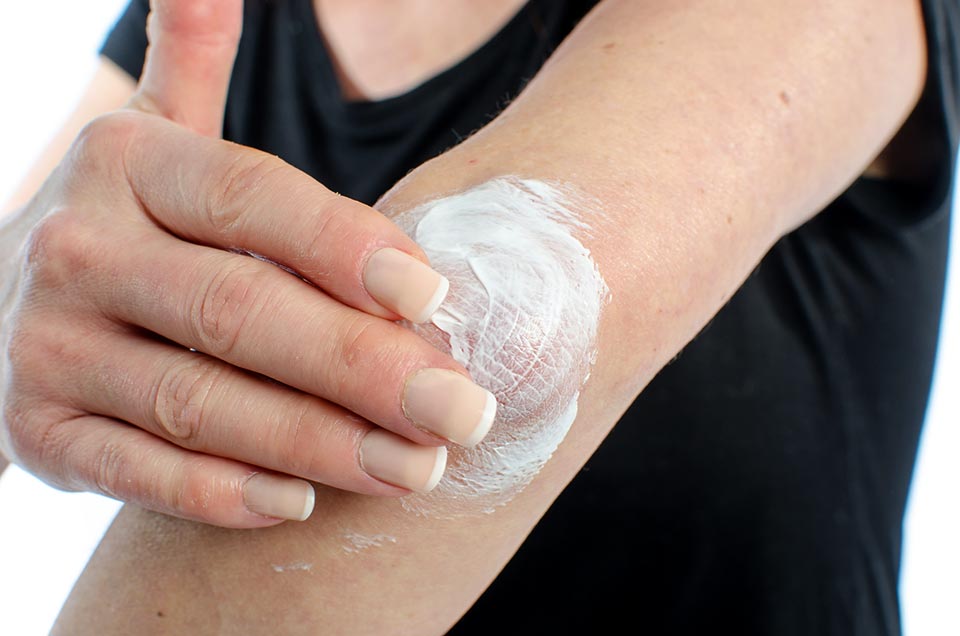
Topical Steroids 101
Topical steroids are prescribed by your doctor, or available over the counter to treat specific skin conditions. They are designed to be used only on certain areas of the skin rather than all over the skin. Also called corticosteroids, glucocorticossteroids or cortisone, topical steroids are usually administered in a cream or ointment preparation. Topical steroids work by reducing skin irritation and inflammation with the endocrine and immune system.
Are topical steroids and hormones related?
Topical steroids are prescribed for a variety of skin conditions. They are synthetic versions of hormones produced by the body such as cortisol and aldosterone. These steroids are not related to the anabolic steroids used by body builders, so there’re none of the risks associated with anabolic steroid use.
How do topical steroids work?
Topical steroids are absorbed into the cells of the skin, where, it is believed, they stop skin cells from producing prostaglandins and leukotrienes. Those chemicals cause blood vessels to expand and send a signal to the skin which causes inflammation and itchiness. Without those chemicals, the skin condition can heal without redness and itching. Truthfully, doctors and scientists do not know exactly how topical steroids work, only that they do work. This is the case with many types of medications.
Are topical steroids safer than steroids that you inject or take orally?
Topical steroids are not absorbed as much as those taken orally or injected, so you are absorbing less of the steroid than you would if you were taking a pill or given a shot. However, a person’s absorption levels can vary depending on several factors including age, skin thickness and condition of the skin. Ointments generally absorb faster than creams. Your doctor may prescribe a lower potency or different preparation if your skin is thin, cracked, or you are older.
My doctor mentioned potency. What does that mean?
Potency is how the strength of a drug is measured; in other words, how much work it needs to produce precise results. Topical steroid potency is measured by class. Class One steroids are considered “Super Potent” and include medications like clobetasol propionate 0.05% and betamethasone dipropionate 0.05%, which are about six hundred times more potent than the hydrocortisone (a Class Seven steroid) you can buy over the counter at your local pharmacy.
Are there many side effects of topical steroids?
There are two types of side effects of topical steroids: systemic side effects, which could impact your entire body, and local side effects, which would only impact the application site. Systemic side effects of topical steroids can include hypertension, changes in vision, Cushing syndrome, and type 2 diabetes. Local side effects can include contact dermatitis, worsening of symptoms, especially bacterial or fungal infections, easy bruising, and skin atrophy.
